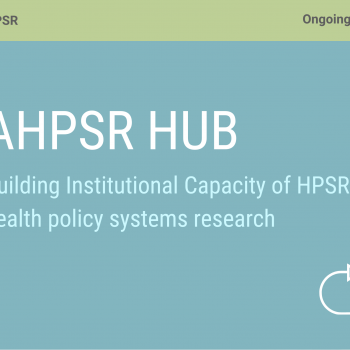Category Archive for "Other"
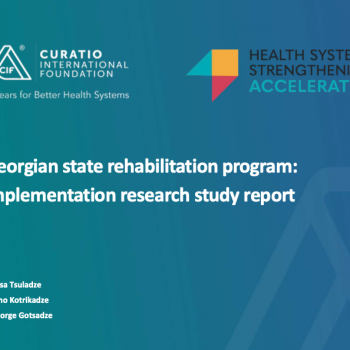
Georgian state rehabilitation program: implementation research study report
Georgia was selected as one of the priority countries for program support, which entails direct technical assistance and regional and global level activities to catalyze country-level work.
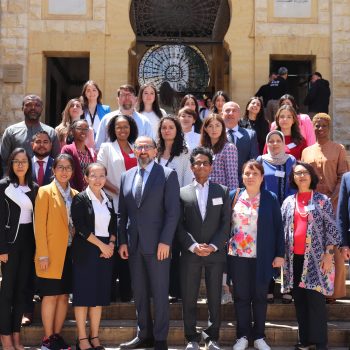
Culminating event – Building Institutional Capacity for Health Policy and Systems Research and Delivery science (BIRD) in six WHO Regions
3-day culminating event was conducted in Beirut, Lebanon in the frame of “Building Institutional Capacity for Health Policy and Systems Research and Delivery science (BIRD) in six WHO Regions” program. The meeting aimed to reflect on achievements and learnings and plan for the future of the Mentorship Program.
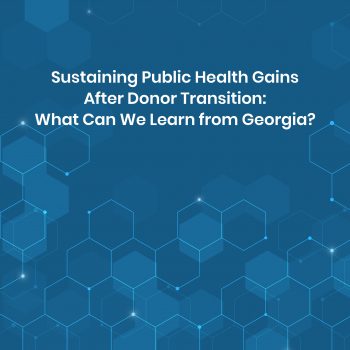
Sustaining Public Health Gains after Donor Transition: What can we learn about Georgia?
Understanding how and why Georgia was (or was not) able to sustain coverage with the selected health interventions after transition and identify the enablers and barriers to this. To achieve this objective following research questions were defined:
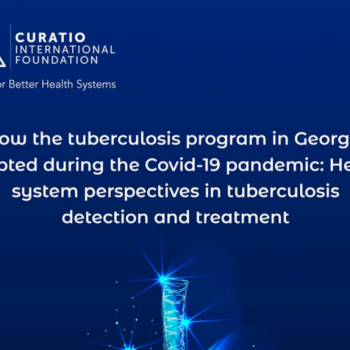
Study report: Adaptations made in TB response during Covid-19 pandemic in Georgia
The CIF research team publishes study report entitled “What adaptations were made in TB response during Covid-19 pandemic in Georgia: health systems perspective on the implications for TB case detection and treatment provision”.
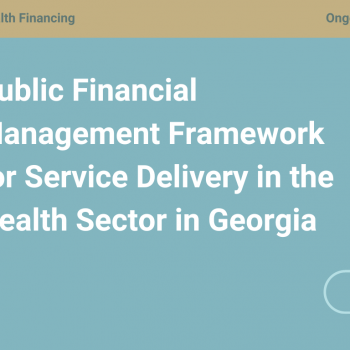
Public Financial Management Framework for Service Delivery in the Health Sector in Georgia
The study will reveal the systemic weaknesses that have to be addressed by the Government by using, the public finance management (PFM), in Health Toolkit Version 2.7, developed by the Bank in October 2019.
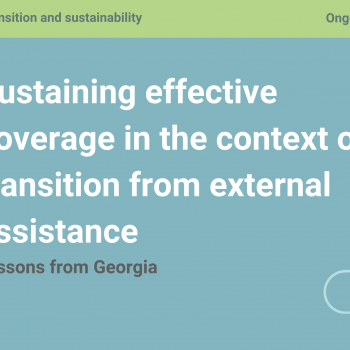
Sustaining effective coverage in the context of transition from external assistance – Lessons from Georgia
Six country case studies examining how governments have responded (or not) to reductions in donor funding through changes in the service delivery architecture, health financing arrangements, information systems, and governance arrangements, and how these changes have or have not influenced whether effective coverage of priority interventions previously funded by donors is sustained or not.
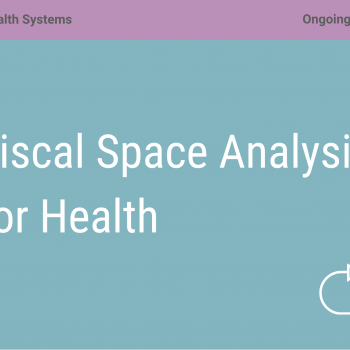
Fiscal Space Analysis for Health
As part of the World Bank’s support to improving health service delivery in the country and efforts to explore prospects of harnessing domestic resources for health, Curatio International Foundation conducts fiscal space analysis in collaboration with the Government of Georgia to maximize the achievement of the health sector objectives within the overall macroeconomic and fiscal realities of the country
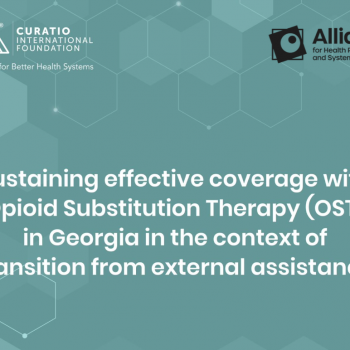
New case study: Sustaining effective coverage with Opioid Substitution Therapy (OST) in Georgia in the context of transition from external assistance
why Georgia was able to sustain and increase adequate coverage with Opioid Substation Therapy (OST) previously funded by the Global Fund and identify the critical enablers.
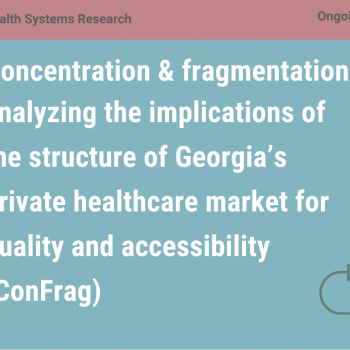
Concentration and fragmentation: analyzing the implications of the structure of Georgia’s private healthcare market for quality and accessibility (ConFrag)
The research project aims to understand what are the risks to quality and accessibility of patient care from excessive concentration and/or fragmentation in private healthcare markets, and what health system policies are available to address these?

